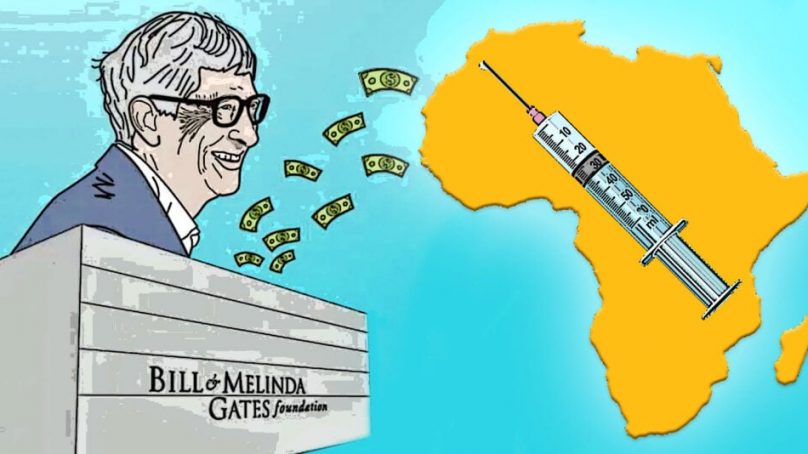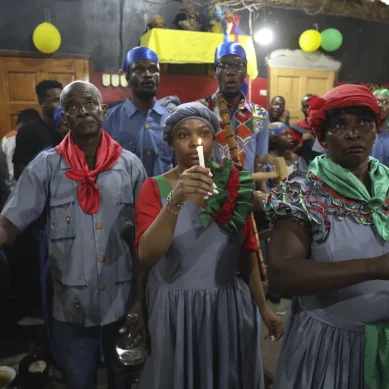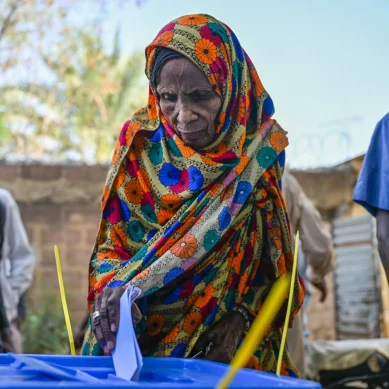
Critics call out Gates Foundation’s $40 million ‘gift’ to build vaccine factories in Africa
The Bill & Melinda Gates Foundation will invest $40 million in a Belgian company’s technology designed to ramp up mRNA vaccine production in Africa and other low-income countries to tackle a variety of infectious diseases and “be available on standby in case of a future pandemic.”
Quantoom Biosciences, based in Nivelles, Belgium, will get $20 million to advance its work on its mRNA manufacturing platform that makes “cheap” vaccines of “incredible quality” at unprecedented speed and scale, according to Gates, co-chair of the Gates Foundation.
Two African vaccine manufacturers, the Institut Pasteur de Dakar in Senegal and Biovac in South Africa, will each get $5 million to purchase the Belgian technology.
Both companies will seek to make mRNA vaccines available for diseases endemic to the continent, including Lassa fever, Rift Valley fever, Crimean-Congo haemorrhagic fever, malaria and tuberculosis, the foundation said.
The remaining $10 million will go to vaccine manufacturers, not yet named by the foundation, in low- and middle-income countries. Gates, the ninth-richest man in the world and the foundation’s largest private philanthropic donor, hailed the “exciting” mRNA investment as the crowning announcement in his keynote speech at his 20th annual Grand Challenges meeting attended by scientists and researchers from around the world.
Grand Challenges was held this year in Dakar, the capital of the West African republic of Senegal.
The philanthropist designed the annual meeting to stimulate research on global health and development problems that he would finance if they focused “on the hardest problems with the most innovative solutions,” Gates said in his keynote.
Quantoom Biosciences developed its innovative mRNA manufacturing platform with an early-research Grand Challenges grant made in 2016 to its parent company, Univercells.
Gates said that while the mRNA Covid-19 vaccines saved millions of lives in the pandemic thanks to historically fast regulatory approvals like the Emergency Use Authorizations granted to Pfizer and Moderna by the US Food and Drug Administration (FDA), what is now required to meet the world’s needs is faster regulatory approval and a less expensive way to quickly scale up to produce billions of mRNA vaccinations worldwide to stop more diseases.
The latter goal of greater mRNA vaccine production efficiency is one that Quantoom addressed with its new platform, Gates said.
“Historically, vaccine factories have to be gigantic and there were huge-scale economics involved,” Gates said. “We took advantage of that in order to get very cheap vaccines.” But, with the work Quantoom has done, the idea now is that with the right design you can still get cheap vaccines even with factories having a much smaller footprint,” he said.
Quantoom CEO Jose Castillo said his company’s platform allows a vaccine manufacturing plant with only 3,800 square feet of space, the size of a large house, to make tens of millions of doses and could enable low- and middle-income countries “to become autonomous in terms of research and development.”
- The Defender report











